THE HAIRY GIRAFFE… IN CHINA
After a month in China, including 15 days in Yunnan, it’s time to reflect. How did we experience this journey? What were our joys, disappointments, questions, doubts, and discoveries? This is not merely an assessment of a country but rather of a trip—how we perceived it individually and subjectively.
 We are François and Benjamin, Canadian and French giraffe hairstylists and travel enthusiasts. On this blog, discover our travels, tips, moods, and everything you need to become a giraffe hairstylist and embark on travelling the world. An honest blog with photos guaranteed 100% unfiltered and untouched. |
Benjamin’s Travel Reflections
Dedicate 4 weeks to China during an 8-month trip around the world was a risky bet. Especially after a mixed experience in India…
The opinions of travelers about China are often mixed, and many people are skeptical when they hear that we’re going to spend nearly a month there. Economic and geopolitical tensions, which have been making headlines for several years, have clearly tarnished the country’s image in the eyes of Westerners. And the COVID crisis hasn’t helped either…
However, the country attracted me, and I was determined to explore a part of it. For me, China was synonymous with a country with a millennial culture engaged in an ultra-rapid economic and social transformation. A fascinating combination.
And I wasn’t disappointed! China was a real crush. After a few days in Hong Kong and Macau, we discovered Yunnan, Chengdu, Xi’an, and Beijing. What contrasts with the clichés one may have about China! Forget the images of a dirty country that only knows how to produce poor quality imitations and is behind the West.
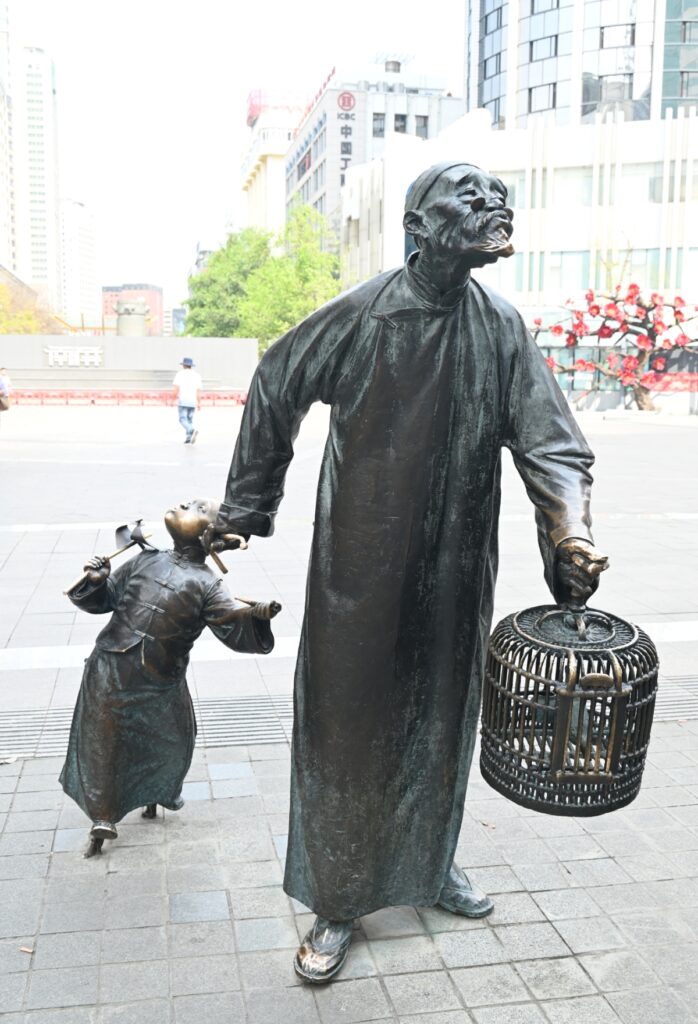
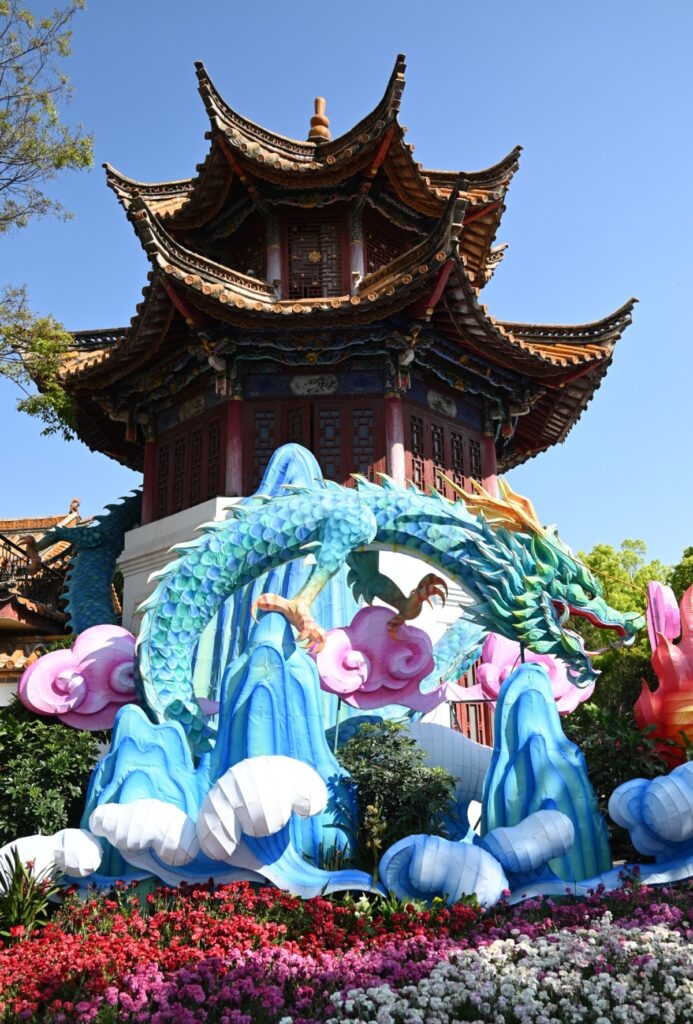
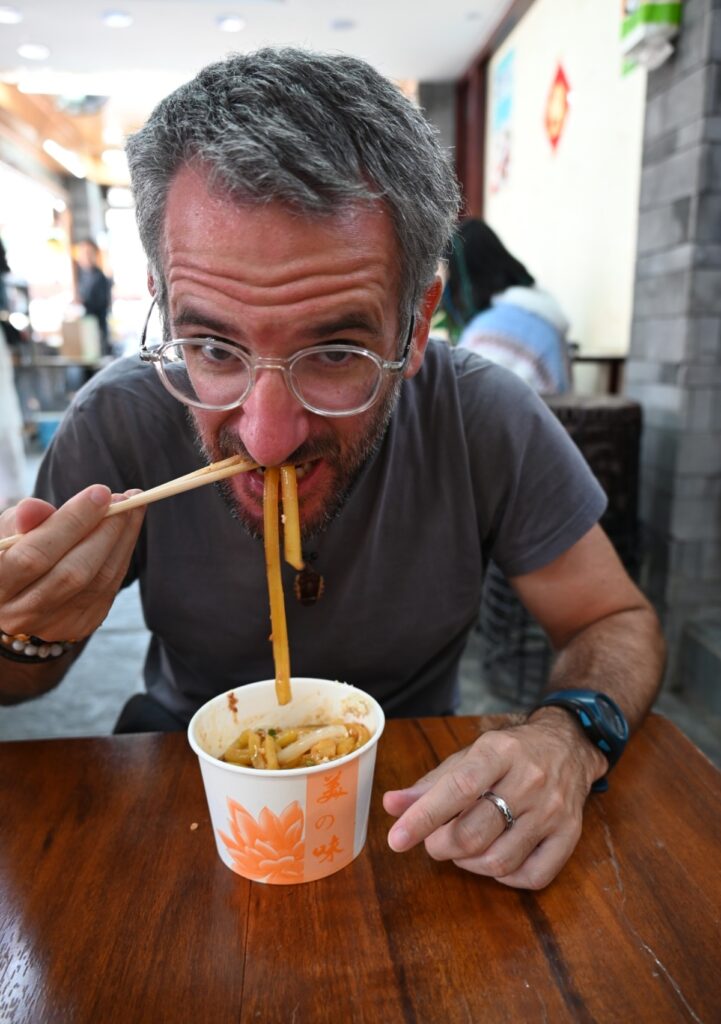
Of course, we visited the most touristy parts of the country and didn’t venture into remote rural areas, but it’s evident that China is now a modern country. Very modern, even. And clean. The subways in Kunming or Chengdu would put those in Paris or New York to shame. The streets are constantly cleaned. People are smiling and helpful. And while the elderly may still have some rough manners (yes, many men loudly clear their throats and spit), the younger generation behaves better than most Westerners. And above all, there are so many things to see and do! Historical sites, old towns, snow-capped mountains, temples, monasteries… China offers multiple exciting discoveries.
Being a foreign tourist (especially Caucasian) in China today means standing out from the crowd. While Western tourists flock the streets of Bangkok, the Vietnamese countryside, and Japanese temples, we were almost always the only white people in each city and on every site we visited (with the notable exception of Beijing and, to a lesser extent, the Terracotta Army in Xi’an).
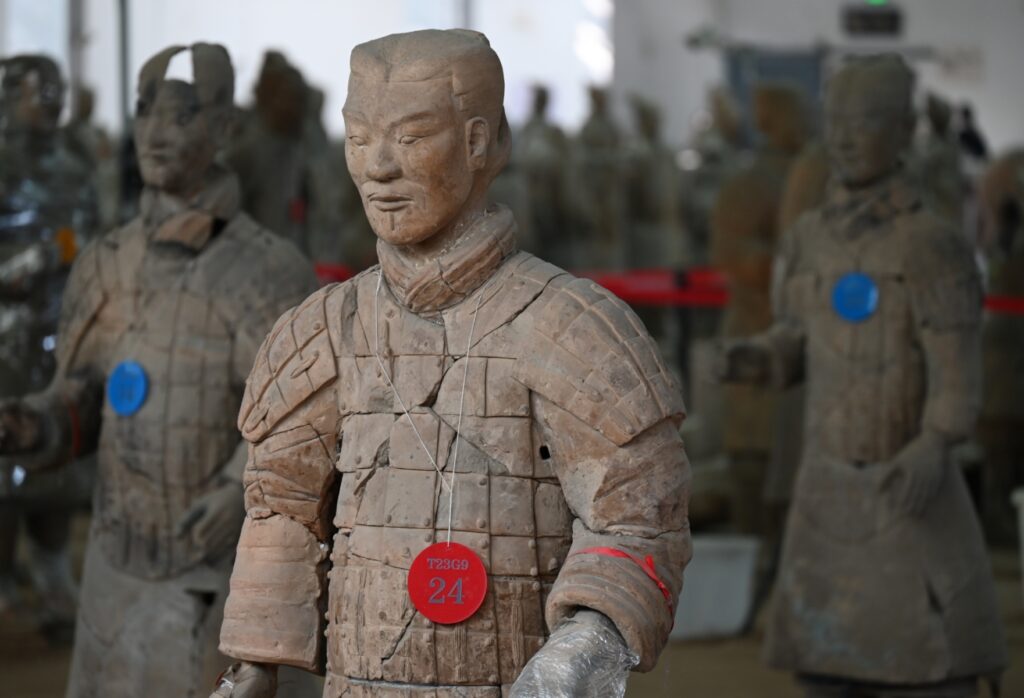
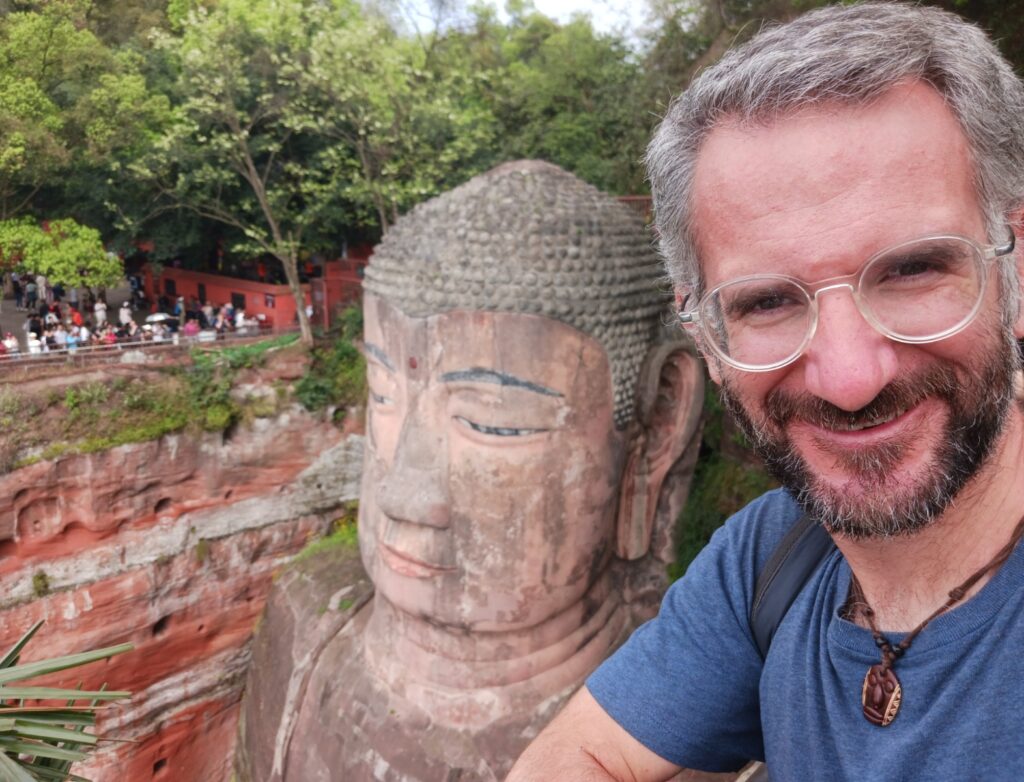
It was impossible to go unnoticed. We were the subject of repeated photo requests, curious laughter, and constant stares of all kinds, ranging from hospitality to hostility, and even disbelief.
What a pity not to speak Chinese! Because the Chinese never hesitated to approach us, even if it meant delivering long monologues totally incomprehensible to us. And while Google Translate helps a bit, I would have loved to engage more with all those people who started conversations with us.
The almost absence of international tourism gave a particular dimension to our trip. I felt like a privileged witness to Chinese society as it is today, without filters, without intermediaries. And while traveling to the other side of the world has never been easier, thanks to technological tools as much as to a certain standardization and globalization, China still offers this experience of total change of scenery and this feeling of truly being abroad, without our usual reference points.
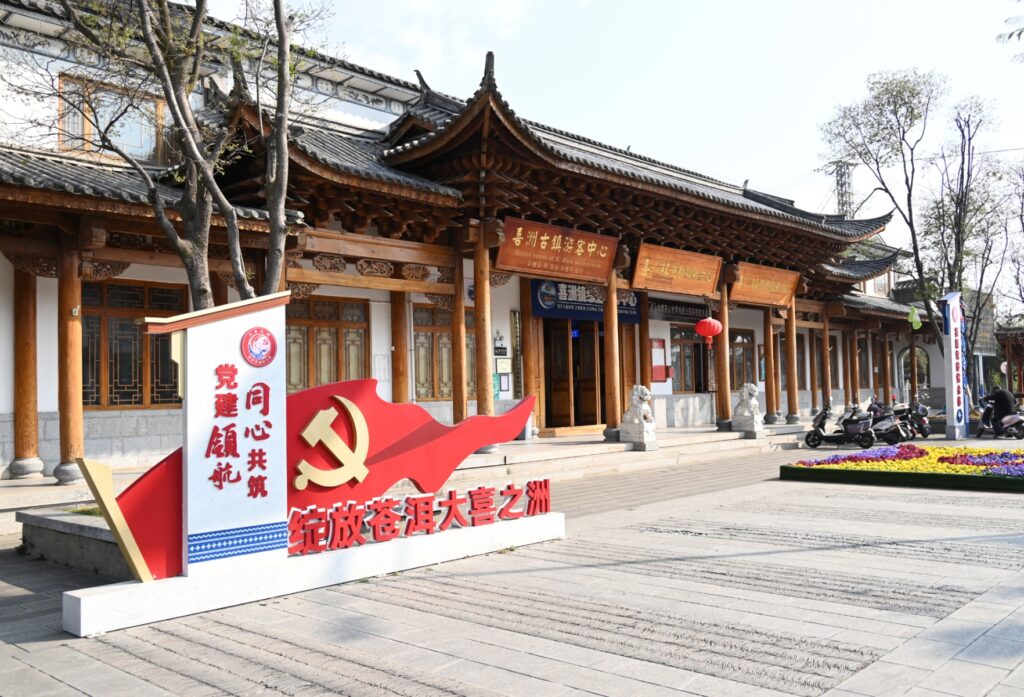
But while the Western tourist is mostly an object of curiosity for the Chinese, they are also an annoying thorn for the political system. The outside perspective that foreign tourists bring to the country can only displease the communist regime.
Of course, one must not be naive. While China was a real crush for me, it’s impossible to ignore the surveillance and control machine set up by the government. Traveling in China also means visiting a country that often has a dual face.
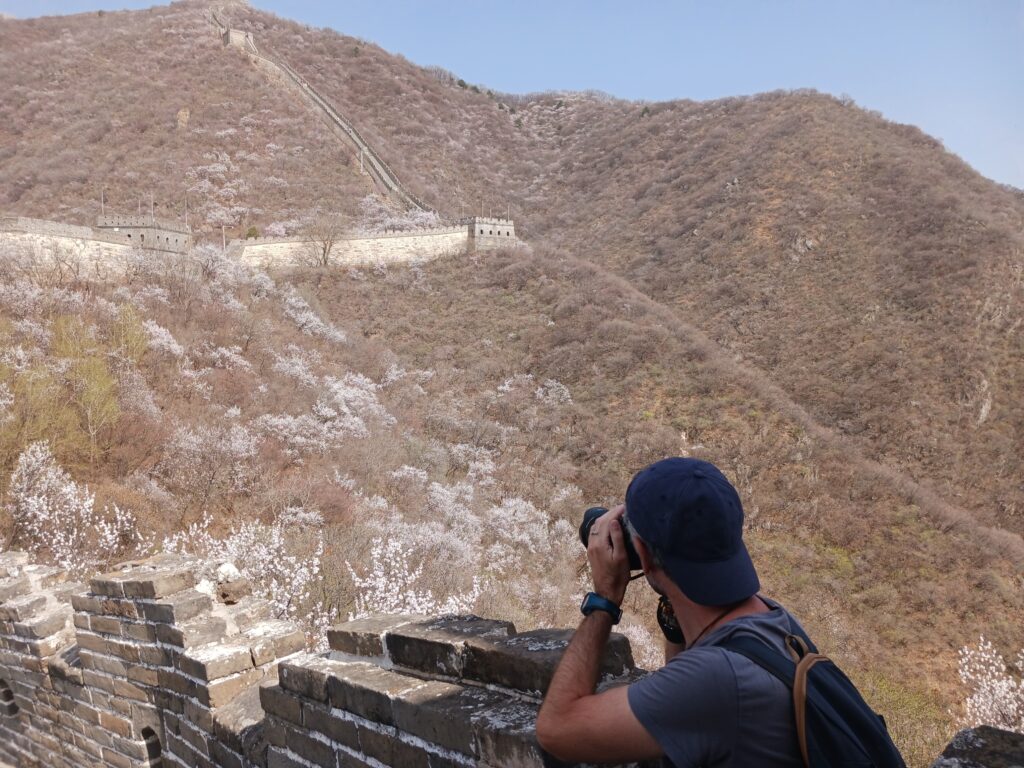
If one is surprised by the silence of the streets due to the omnipresence of electric cars, it should not be concluded that China is a country with an enviable environmental record. The sky in Xi’an covered with a thick coat of pollution reminded us of this with acuity. Similarly, while one cannot help but be amazed by so much technology, it’s also impossible not to be frightened by how it’s used. The collection and centralization of data on every action and movement of each citizen are frightening. Facial recognition is everywhere, and all movements and payments are linked to the person’s ID card. Train tickets, site entry tickets, banknotes, and credit cards…: all of these have become obsolete. Just presenting one’s face to the camera is enough to enter a station, visit a museum, or pay for a meal. And everywhere, it has become almost impossible to pay otherwise. Choice has disappeared.
Anyone who has read “1984” or is familiar with the works of Hannah Arendt cannot help but be concerned about such a trend…
In this relentless system, the foreign tourist acts as an intruder. The entire system has been designed to monitor the 1.4 billion Chinese, not to facilitate the life of the tourist. Traveling independently in China is a real headache. If you don’t want to give your banking information to WeChat, it’s impossible to book a ticket to the Chengdu Panda Reserve or the Terracotta Army in Xi’an. If you hope to access your emails or favorite websites, you’ll need a VPN (and a lot of patience, because VPNs don’t always bypass Chinese censorship well). If you want to take the train, you’ll need to find an agent to scan your passport at each entry and exit, which can lead to many complications. Even to buy a metro ticket in Beijing, the foreign tourist cannot use the automatic machines and must find the only ticket window in the station. The simplicity of daily procedures is conditioned on the collection of personal data.
Despite the liberalization of the economy and Deng Xiaoping’s reforms in the late 1970s (which enabled this rapid economic development), China remains a country focused on itself. Undoubtedly, it sees itself as a world apart, and it considers itself apart from others. Like the United States, Russia, or India, China is one of those big countries with a culture all its own. And Chinese culture is so different that traveling there helps us better understand how trivial things are not universal: for example, the Chinese do not count on their fingers in the same way as a European (a hand gesture represents the number 9, and a closed fist represents 10). And as the country is extremely populous and the population has become much wealthier in recent decades, domestic tourism has exploded. This is certainly one of the reasons why English is virtually unknown to everyone, including hospitality employees. But the infrastructure is there, which makes travel easier.
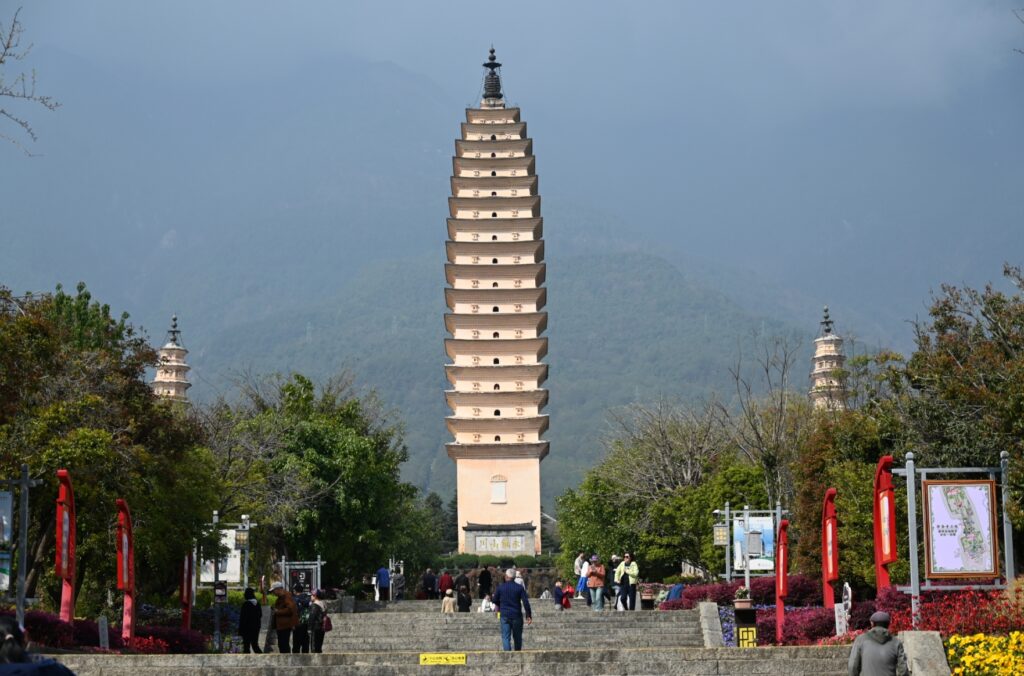
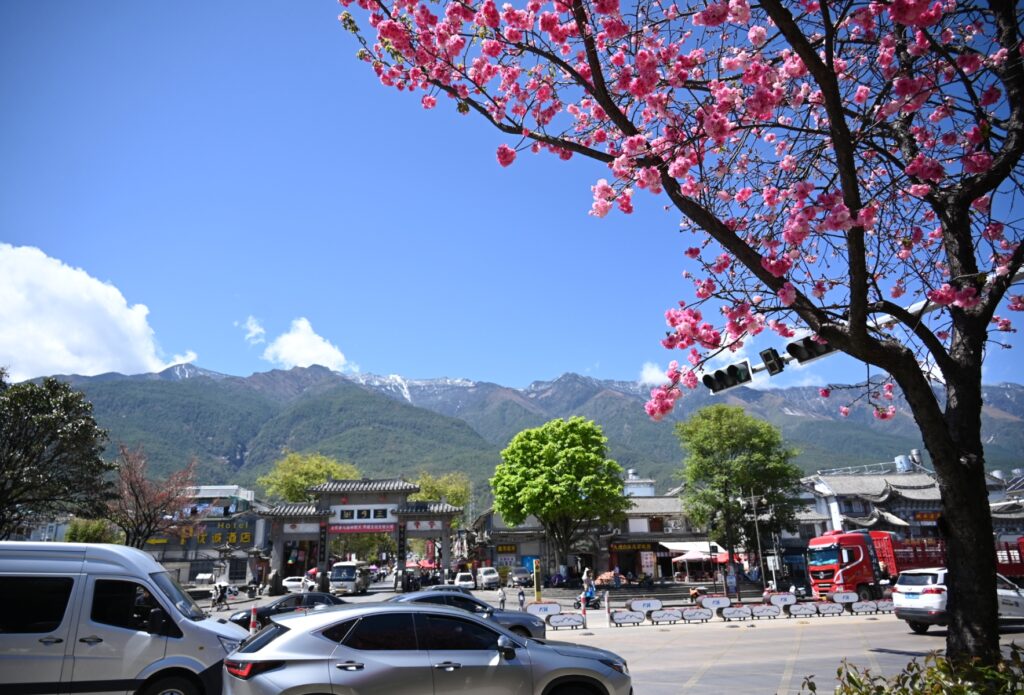
And then, when faced with grandiose temples, beautiful gardens, snow-capped mountains, and millennia-old sites, the difficulties of accessing them seem quite insignificant. Traveling in China requires meticulous organization and a certain daily patience, but the country is truly worth the effort. A real favorite in our 8-month journey around the world!
Check out François’ Travel Reflections:
Find all our other articles on China:




